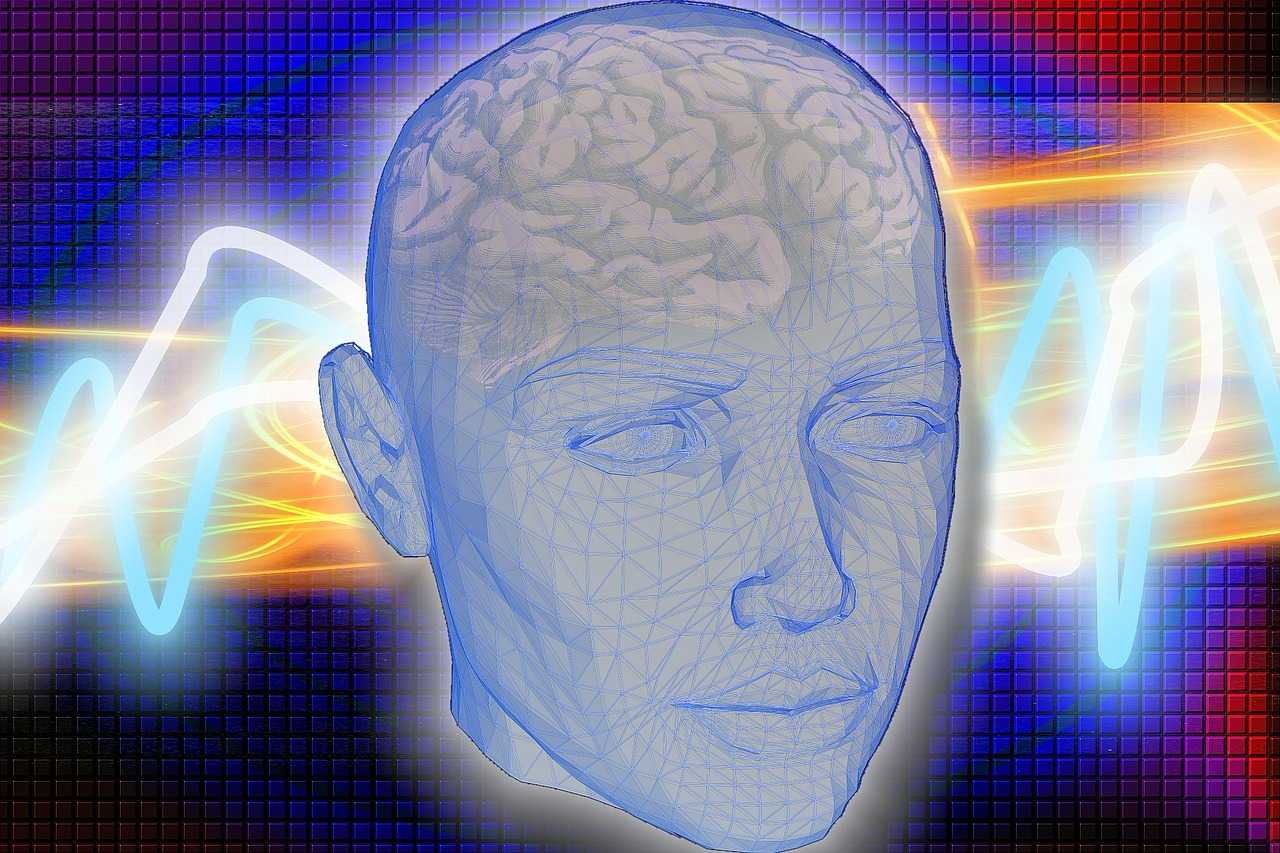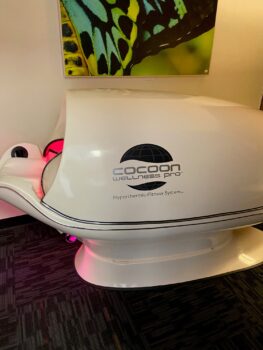People want to be happy and the study of positive psychology can help.
Recently, I completed The Science of Well-Being, a free online course offered by Coursera. It is a ten-week program adapted from the most popular course at Yale University taught by Professor Laurie Santos.
Dr. Santos created the original Yale course for two main reasons. First, she observed that many Yale students were unhappy, which was also prevalent at other universities. Second, Dr. Santos realized she wasn’t as happy as she could be.
Each course participant completes lectures, quizzes, and readings, which explore the most prominent studies about positive psychology and offer practical tools to increase one’s well-being. The first half of the course reviews what does and doesn’t result in happiness. The second half is an opportunity to practice one selected activity known to increase happiness.
This is completed through a process known as ‘rewirements,’ which need to be practiced in order to bring about a change in well-being. Individual levels of happiness and well-being are measured at the beginning and end of the course. Her work shows that students learn through a combination of scientific studies and practical application.
What Does and Doesn’t Increase Happiness?
Many of us believe that the right job, money, possessions, true love, a perfect body, and good grades will bring sustainable happiness. As a result, Dr. Santos proves through scientific study that these things rarely translate into lasting happiness.
She believes the following contribute to higher levels of happiness:
- Kindness – Treating people kindly increases your own level of well-being. Spending ten dollars on someone else results in more happiness than spending ten dollars on yourself.
- Social Connection– Being around others and engaging with others raises your level of happiness. Being isolated has the opposite effect.
- Time Affluence– Having enough time and not feeling rushed increases happiness.
- Mind Control– The mind has a tendency to wander but if you can reduce that tendency and stay in the present you are happier.
- Healthy Practices– Dr. Santos cites sleep and exercise as two healthy practices that increase well-being tremendously. Yet many people skimp on both.
Course ‘Rewirements’ Instead of Course Requirements
The course focuses on healthy approachable practices that each of us can incorporate into daily life. Dr. Santos tasks students to practice activities she calls ‘rewirements,’ which have proven to increase well-being. Examples are:
- Savoring– The act of stepping outside of an experience to review and appreciate it. Savoring intensifies and lengthens the positive emotions that come with doing something special.
- Daily Gratitude Journal– Gratitude is a positive emotional state in which you recognize and appreciate the good in your life. Research supports that gratitude can make people happier and healthier.
- Random Acts of Kindness – Being kind lifts the spirits. Research shows that happy people are motivated to do kind things for others.
- Connection – Research shows that happy people spend more time with others and have a richer set of social connections than unhappy people. Even chatting with a barista at the coffee shop counts.
- Exercise– Thirty minutes a day of exercise can boost your mood in addition to making your body healthier, according to research. It doesn’t have to be complicated – just move!
- Sleep– Sleep deprivation makes people unhappy and physically ill. Practicing a pre-sleep routine helps. This can include reducing screen time, stretching, reading, and less or no caffeine and alcohol.
- Meditation– Meditation is a practice of intentionally turning your attention away from distracting thoughts to a point of reference such as your breath. Research shows that meditation increases positive mood, concentration, and feelings of social connection.
Why Is This Course Beneficial?
This concept seems to be catching on. Recently, at the Mental Health Center of Denver, Gifts of Hopebreakfast, President and CEO Dr. Carl Clark promoted the course to the more than five hundred attendees and shared their leadership team had completed it.
Most of these habits are a cornerstone in my own journey. As a participant of the NAMI Arapahoe/Douglas Counties Connection Support Group, we learn how to incorporate healthy coping skills, similar to those offered in this course. This course reaffirmed much of the work I have personally done.
Since taking this course, my overall happiness/well-being has improved. The ‘rewirements’ are good habits that are compatible with a recovery lifestyle. Positive choices like being kind, exercising, meditating, and practicing gratitude promote a high level of well-being, which results in greater happiness.
If increasing your happiness and well-being sounds like a great idea, I encourage you to visit www.coursera.org to participate.
Contributed by Jean Spahr for NAMI Arapahoe/Douglas Counties
















